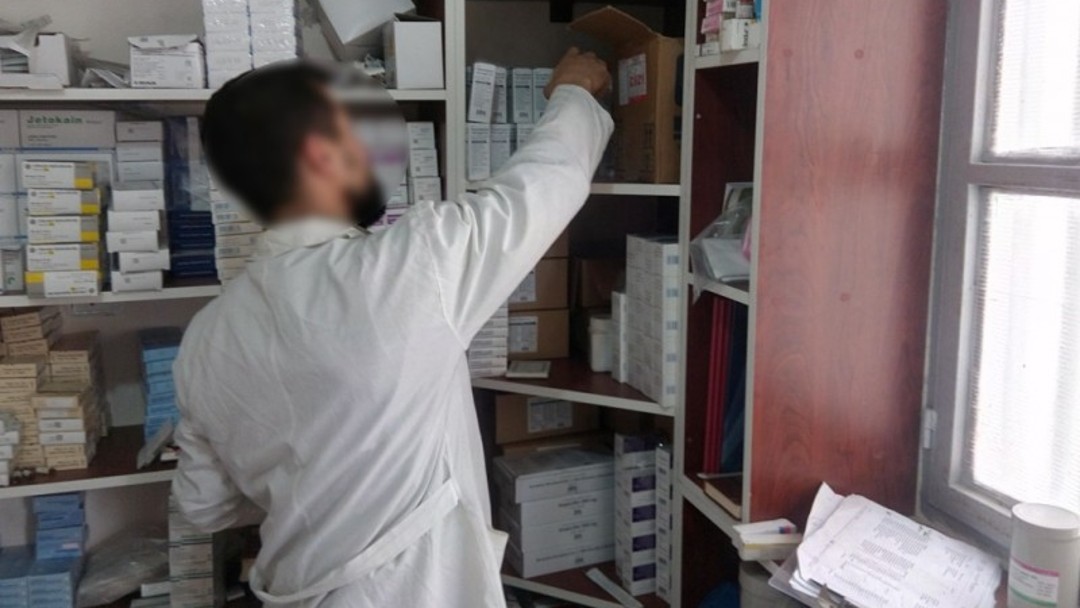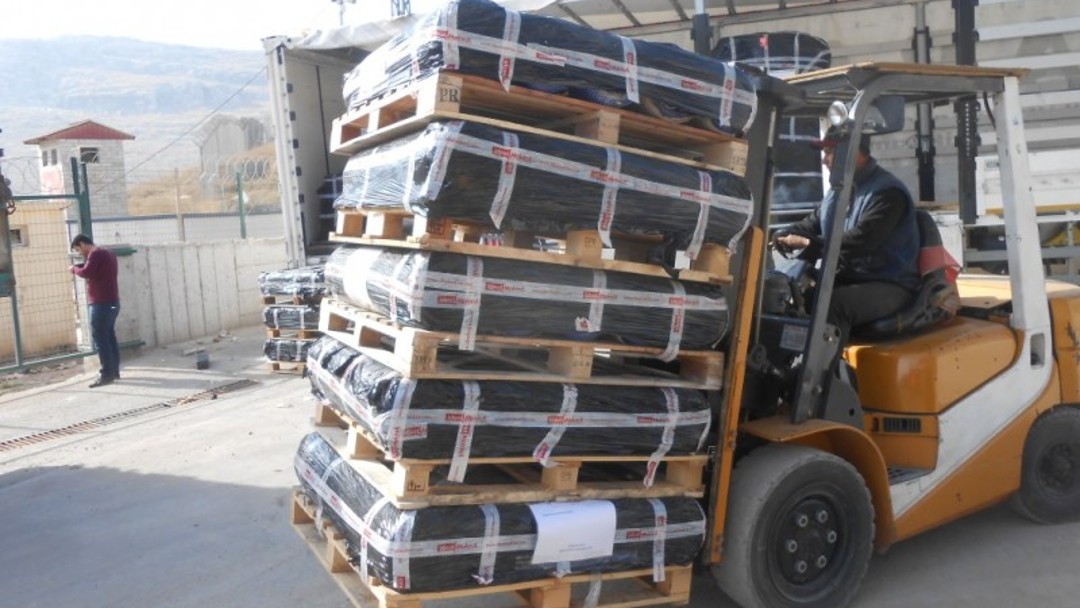News from 2016-06-28 / KfW Development Bank
Providing aid amidst the Syrian war
KfW is a trustee of an international reconstruction fund to support the people of Syria
The war in Syria has now gone on for over five years. What began in 2011 as a peaceful protest has become one of the most serious conflicts in recent history, with an estimated 12 million refugees, 1.9 million people injured and hundreds of thousands dead. The remaining population in Syria not only has to suffer the atrocities of war, but must also lead their day-to-day lives under extremely difficult conditions. They lack water, food and medicine. Power is intermittent, the waste disposal system has collapsed and, in many municipalities, schools have been shut down. The Syria Recovery Trust Fund (SRTF), established in 2013, is a joint financing mechanism of the states comprising the Friends of Syria Group, an international contact group founded in 2012. The fund finances infrastructure in the regions of Syria held by the moderate opposition. The fund is active both in the north of the country (from Turkey) and in the south (from Jordan). Local administrative units in these regions propose suggestions to the fund's management unit on the financing of investment measures to stabilise living conditions in recipient regions. Financing decisions are made by the Management Committee based on well-developed and comprehensively reviewed project proposals.
The German government has so far paid close to EUR 34 million into the fund, which is managed by KfW in a fiduciary capacity. Further donors also contribute funds to the SRTF, with the fund now totalling EUR 146 million. So far, a total of EUR 75.4 million has been pledged for 30 individual projects, primarily in the areas of food supply, drinking water, energy, health and waste management. Two of these projects, one of which involved providing ambulances, have already been completed and seven are currently under preparation.

Goods delivery problems
Constantly changing front lines make implementing projects difficult in terms of construction works, transport and delivery. Only a single border crossing from Turkey to Syria is usually open for goods deliveries. Humanitarian aid supplies have precedence in terms of processing for dispatch, but waiting times can still be several days. All goods are transported from Turkey to the border and loaded onto Syrian trucks there.
Four flour mills have been brought into Syria in this way. Three of these were successfully put into operation straight away, with the fourth having to be dismantled and rebuilt in another safe location after bombings in the Aleppo region. Each mill can grind up to 50 metric tonnes of wheat per day. In addition to the mills, wheat, flour and empty sacks for storage and transport have also been delivered. So far, 181 bakeries have been supplied with flour from the mills. This allows them to supply 100,000 people with bread per day, at affordable prices.
The war has also severely impacted the running of hospitals. Over the years, many have been temporarily or even fully closed, or destroyed by targeted air strikes. The SRTF has enabled a hospital to be renovated and equipped and has also provided medicines, anaesthetic and dialysis solution. Around 211,000 patients have benefited from this.
To restore power to a town in the Aleppo area, a wide range of materials have been sent to Syria, including measuring devices, electricity pylons, spare parts for transformers and building materials. This has allowed power to be restored for 50,000 people. The area's largest bakery was also able to be reconnected to the grid, enabling it to once again bake bread for up to 45,000 per day since November 2015.


Share page
To share the content of this page with your network, click on one of the icons below.
Note on data protection: When you share content, your personal data is transferred to the selected network.
Data protection
Alternatively, you can also copy the short link: https://www.kfw-entwicklungsbank.de/s/enzBWrMC.BYhA
Copy link Link copied